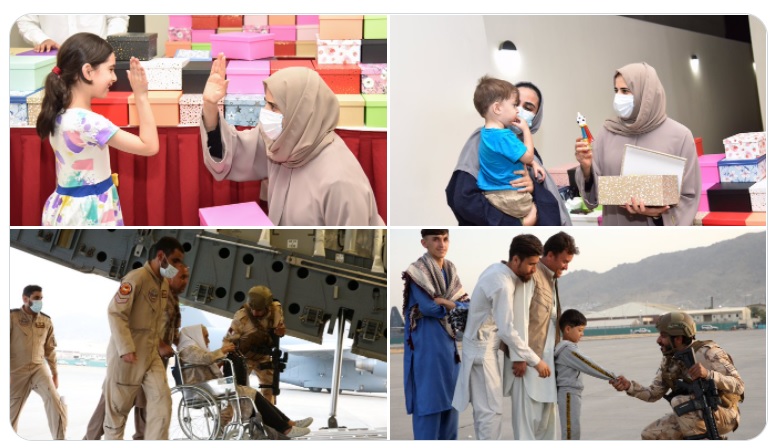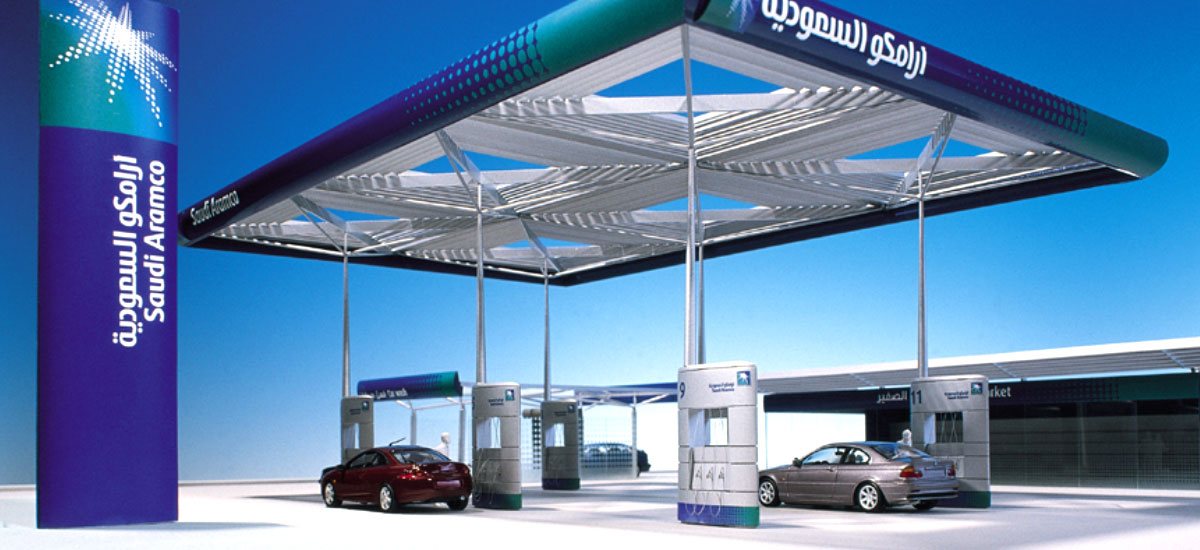
I’m going to start this blog by saying what is happening in Afghanistan is truly heartbreaking. The Afghan people deserve better, especially when it comes to our support.
With that, one country has very much been top of mind when it comes to supporting the efforts to get people out of Afghanistan. And that is Qatar. In part it’s good fortune: the country is a couple of hours flight from Kabul; Qatar has the largest US airbase in the region, at Al Udeid, and it also has relations with both the Taliban and NATO (Qatar has been hosting the US-Taliban talks for several years).
But this is only part of the story. Qatar’s Foreign Ministry’s communications team has been exceptional. They’ve done a number of things very well. And they’re an example of how government should be engaging with the media and on social media.
Spell out the story in numbers
Media like numbers. They want to see the full extent of what you’ve done. And every step of the way, the team at Qatar’s Foreign Ministry have been sharing updates on how many people have come through or are being hosted by Qatar. That number is now exceeding 40,000 people.
Make the story personal
There have been so many stories of sorrow, but also hope. Two really stand out for me. The first is how Qatar helped to get out the Afghan female robotics team from Kabul, rushing through paperwork and getting them and their families onto flights. Have a look at the NBC interview conducted with two of the young ladies, who are truly inspiring. Another story which sticks in my mind is how Qatar’s ambassador to Afghanistan and embassy staff in Kabul have been driving people to the airport, going through Taliban checkpoints and using their relations with the Taliban to ensure people safe passage.
Always be Ready to Engage
The final piece of the puzzle has been the willingness of the Foreign Ministry’s team to engage with the media. The Ministry’s spokesperson is Lolwah AlKhater, and she’s been formidable, reacting online and hosting people on the ground.
The ministry have also pushed back on falsehoods, for example pushing back on a claim by an American woman that she helped get out the robotics team. The quote in there is quite something. And they’ve not pushed Qatar into everything. The story tells itself, but they’ve been on hand to help. Which is what the best communicators do.
I often snipe at government communications in the Gulf, for so many reasons. But Qatar’s Foreign Ministry has shown what a world-class media team can do. They’ve done their country proud.





